Class 10 board exams are one of the first major academic milestones for students across India. As exam season approaches, a common question arises — should students focus more on previous year question papers or sample papers to boost their performance?
At Deeksha Vedantu, we’ve worked with thousands of students preparing for Class 10 boards and understand the unique advantages of both resources. This blog compares the two approaches and helps students make the smartest choice for their study plan.
Understanding the Purpose of Each Paper Type
What Are Previous Year Question Papers?
Previous year question papers (PYQs) are the actual board exam papers from past years. These papers:
- Reflect real exam patterns and marking schemes
- Help students understand question framing
- Give insight into topic frequency and trend shifts over the years
These are released by education boards such as CBSE, Karnataka SSLC, ICSE, and others.
What Are Sample Papers?
Sample papers are mock exams created by education boards or academic experts, meant to simulate the upcoming year’s question format. They:
- Reflect expected patterns based on syllabus and blueprint
- Include a mix of standard and tricky questions
- Are great for predictive practice
Boards like CBSE officially release sample papers before each academic year to guide preparation.
Benefits of Solving Previous Year Papers
Familiarity with Exam Pattern
One of the most important benefits of solving PYQs is understanding how questions are structured:
- Long vs short answer distribution
- Chapter-wise weightage
- Common question wording patterns
This removes ambiguity and builds exam comfort.
Boosting Confidence and Reducing Exam Fear
When students solve real papers from previous years under exam conditions, they experience:
- Realistic time pressure
- Improved answer-writing speed
- Greater confidence knowing “I’ve done this before”
This is especially helpful in the final 2–3 weeks before exams.
Identifying Repeated Questions and Important Topics
Many questions get repeated in concept or phrasing. By solving multiple years:
- Students begin to spot high-weightage topics
- Revision becomes targeted
- Preparation becomes more efficient
Benefits of Practicing Sample Papers
Simulated Practice for Time Management
Sample papers simulate real exams. Attempting them under timed conditions helps:
- Practice completing the paper in 3 hours
- Learn to allocate time per section
- Avoid panic during the actual exam
This builds stamina and strategic speed.
Exposure to Expected Question Types
Since sample papers are updated yearly, they often:
- Reflect the latest syllabus changes
- Introduce new question formats
- Prepare students for unfamiliar twists
This trains the mind for unpredictability, an essential exam skill.
Helps Gauge Preparation Level
Sample papers are a great tool for self-assessment. After solving one:
- Students can check how many marks they scored
- Identify weak areas to revise
- Adjust study strategies accordingly
This is essential for setting weekly goals during the last 2 months.
Previous Year Papers vs Sample Papers: A Comparison
| Criteria | Previous Year Papers | Sample Papers |
| Accuracy of Format | Very accurate (actual papers) | Predictive, may vary |
| Usefulness for Exam Trends | High (shows real trends) | Moderate (assumptions based) |
| Syllabus Relevance | May include outdated portions | Usually aligned with current syllabus |
| Use in Last-Minute Revision | Very useful | Useful for practice |
| Predictive Value | Based on historical questions | Reflect upcoming pattern |
| Self-Assessment Tool | Good for final benchmarking | Good for periodic checks |
Which One Should You Choose – Or Should You Use Both?
When to Use Previous Year Papers
- Last 2 months before the board exam
- When doing chapter-wise revisions
- For identifying important repeated concepts
Previous year papers are best suited for realistic practice, exam analysis, and final polishing.
When to Use Sample Papers
- Throughout the academic year
- During mock tests and weekly assessments
- Right after completing syllabus
They are especially helpful for adapting to the latest paper pattern and testing yourself.
How to Combine Both for Maximum Effectiveness
At Deeksha Vedantu, we recommend the following approach:
- Term 1 (June to September): Use sample papers for practicing after finishing each chapter
- Term 2 (October to January): Integrate both — attempt a mix of sample and PYQs
- Final Month (February): Solve only full-length previous year papers under exam conditions
This blended approach ensures students are fully prepared.
Deeksha Vedantu’s Approach to Exam Readiness
How We Integrate PYQs and Sample Papers in Our Study Plan
At Deeksha Vedantu, we use a scientifically designed academic calendar that incorporates:
- Weekly sample paper tests
- Topic-wise PYQ analysis sheets
- Chapter-end question bank derived from both types of papers
This helps students prepare systematically, not randomly.
Our Mock Tests and Time-Bound Practice Strategy
Before board exams, students at Deeksha Vedantu go through:
- Board-level mock tests every week
- Time-bound practice with OMR and answer sheets
- Doubt-clearing sessions based on performance in sample and PYQs
Our aim is not just completion but mastery under pressure.
FAQs
1. What is better for last-minute revision – PYQs or sample papers?
For last-minute prep, previous year papers are better because they help you revise in the exact exam format and focus on high-yield questions.
2. Are CBSE sample papers enough to prepare for boards?
They’re helpful but not sufficient alone. Combine them with PYQs, NCERT questions, and regular revision.
3. How many previous year papers should I solve before boards?
Ideally, at least 5 full papers from the last years. For extra practice, solve chapter-wise PYQ questions too.
4. Can solving sample papers improve my time management?
Absolutely. When done under timed conditions, sample papers train you to allocate time efficiently during the actual exam.
5. Do Deeksha Vedantu students get access to solved sample and previous year papers?
Yes, we provide both solved and unsolved PYQs/sample papers, curated by our faculty and aligned to board patterns.
Conclusion
In the debate between previous year papers and sample papers, there is no clear winner — because both serve different but equally important purposes.
Use sample papers to practice, adapt, and assess your preparation. Use previous year papers to analyze trends, revise smarter, and simulate the real exam experience.
At Deeksha Vedantu, we help students leverage both effectively in a structured study plan that’s proven to work. With the right balance, Class 10 board prep can become not just easier — but more effective and confidence-boosting.
Table of Contents


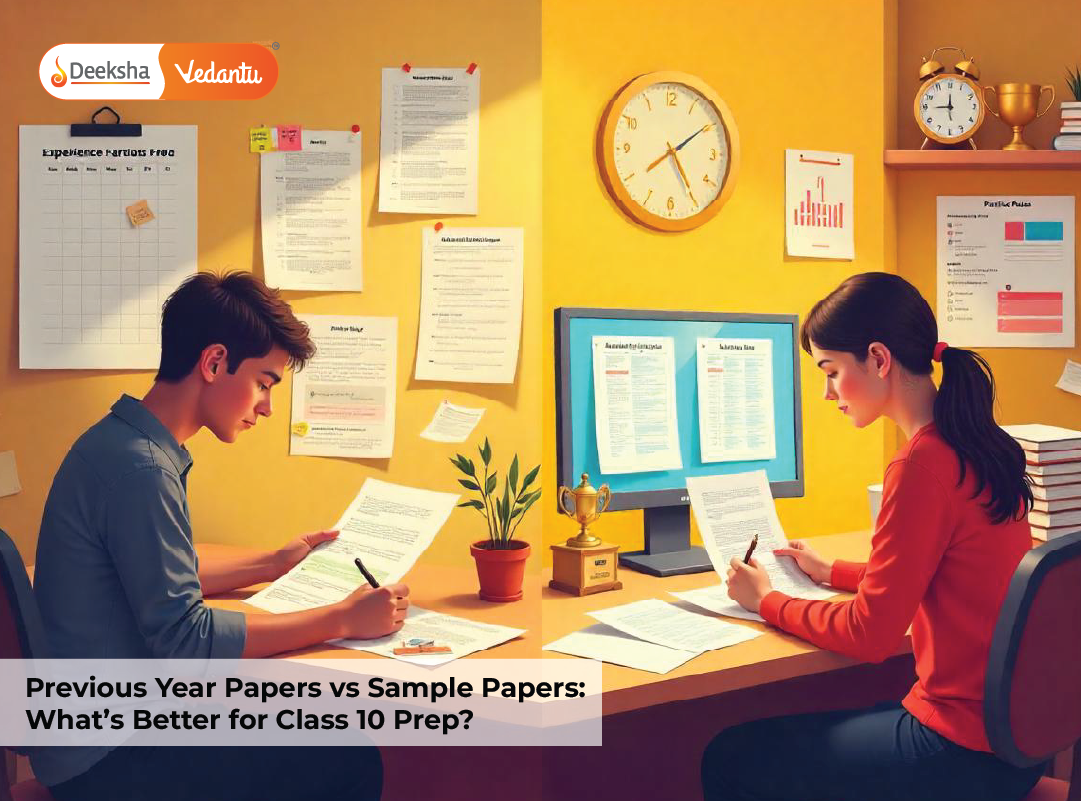






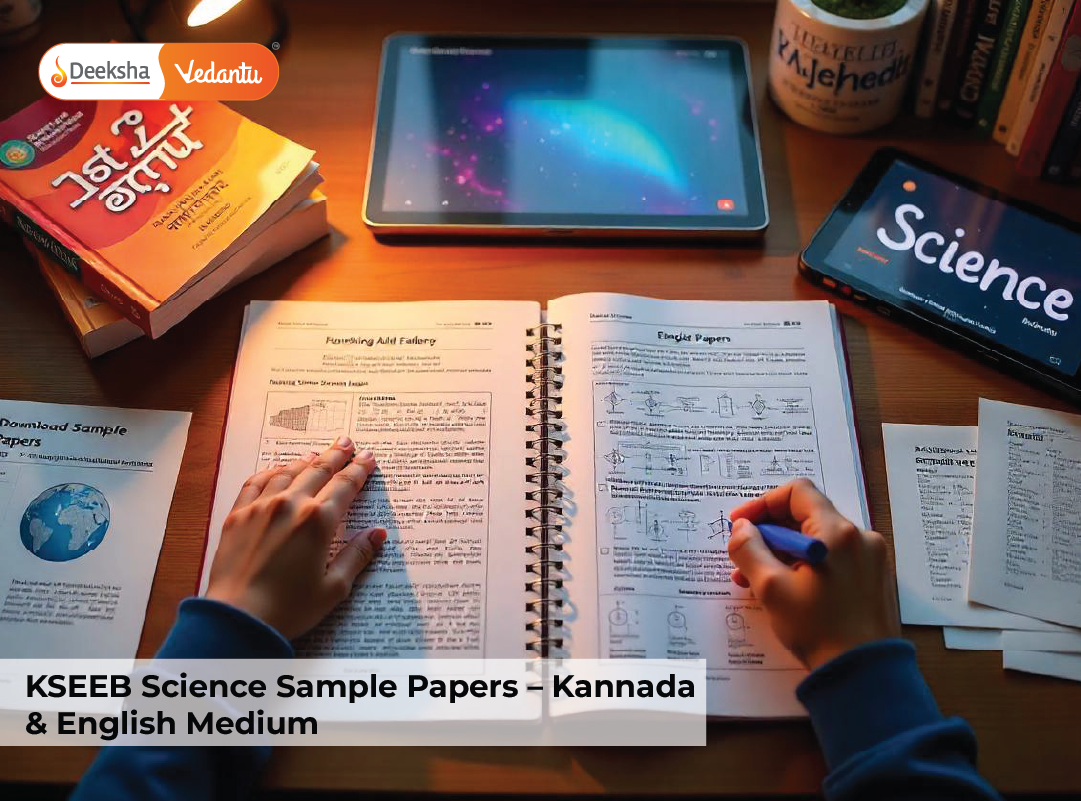
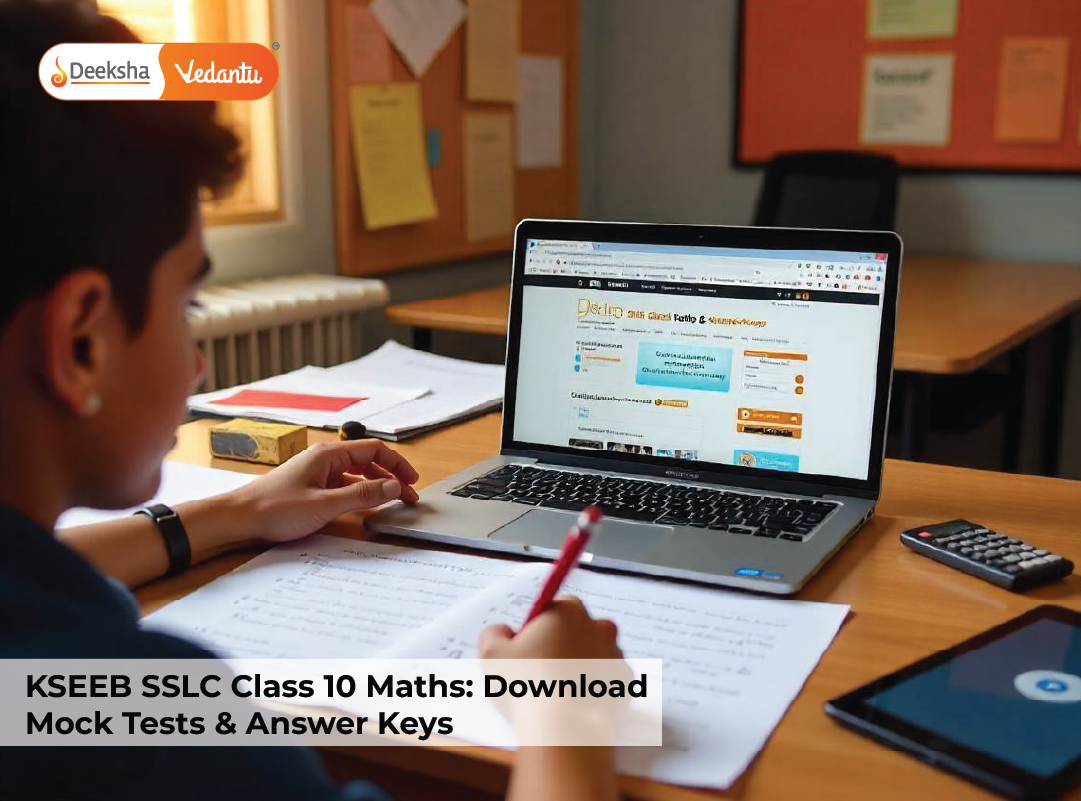
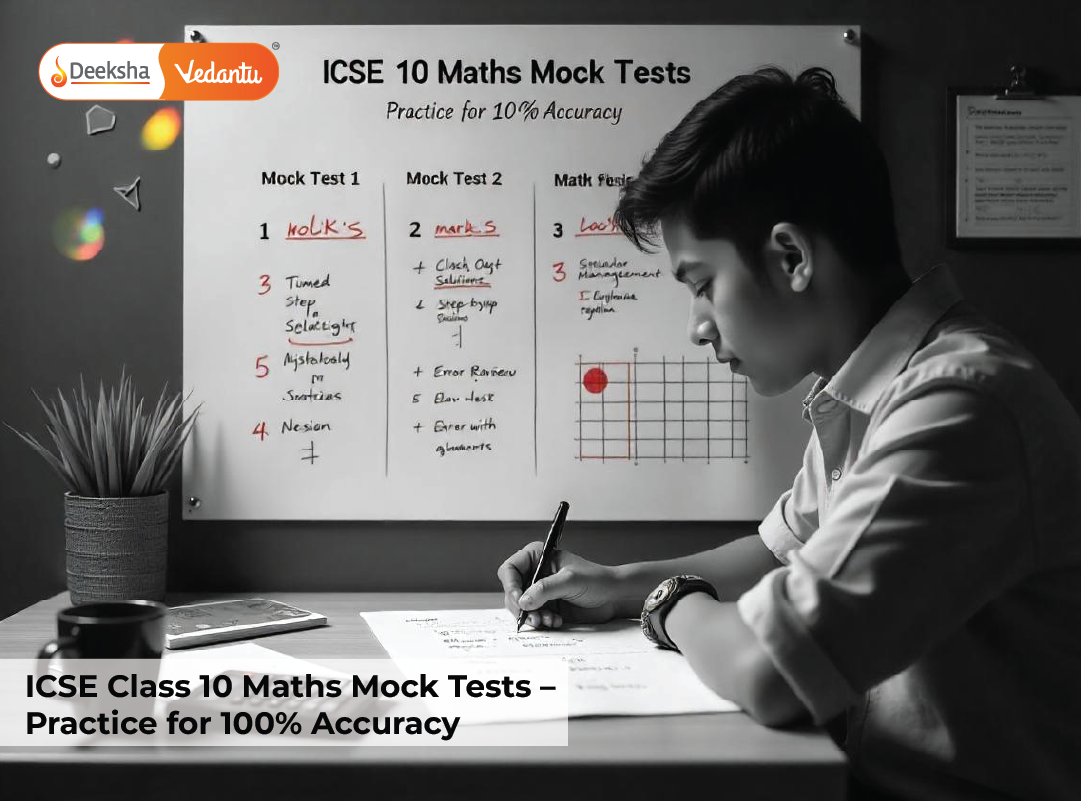
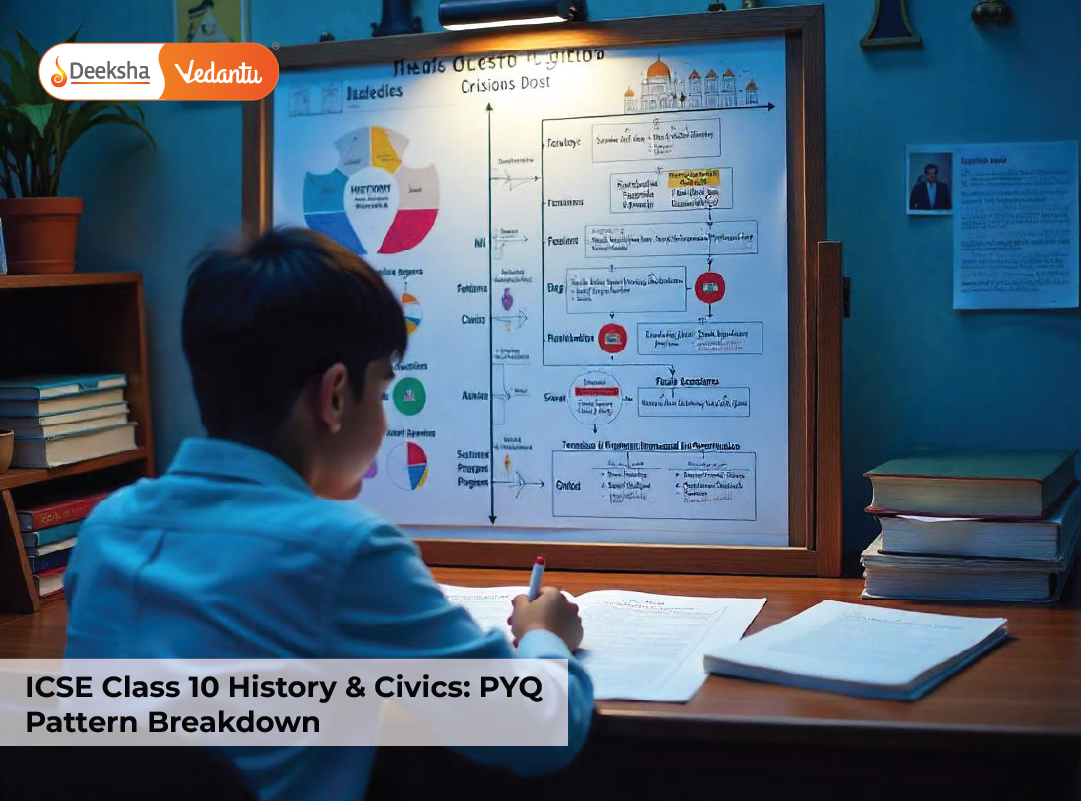


Get Social